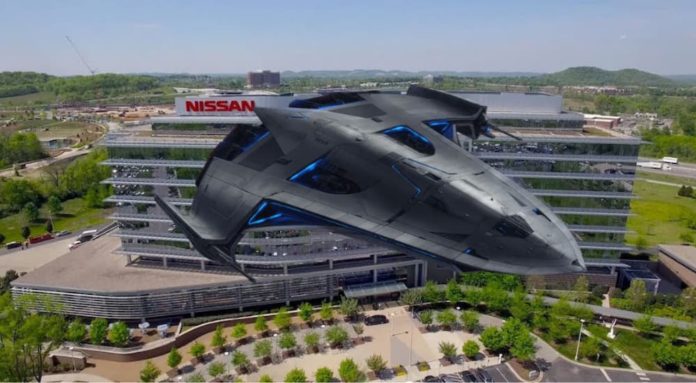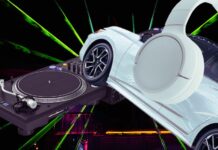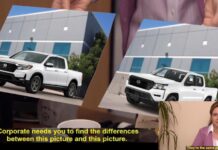Change is constant, no matter how you spin it. While you can fight the perpetual march of time and innovation, chances are you’ll be left in the dust like Mercury, AMC, and Pontiac. Sure, you can stay ahead of the curve by developing hybrid models, or spunky little compact SUVs, but these are small fish here; what automakers should be looking for are full-on whales. Times are a-changin, and while today’s cars are an irrefutable part of our lives, the future is looking to be very different. You may already be familiar with SpaceX, a company that is in many parts spearheaded by a man who acts like Tony Stark but is more like Lex Luthor. He and his company are already leaping ahead of the automotive competition by developing recyclable rockets, hell, they even launched a Tesla into space, a feat that neither Nissan nor Toyota can say they’ve accomplished.
Becoming the Next Henry Ford
Automakers may be comfortable now, but that comfort can only last for so long. Automotive designs have hit a ceiling of sorts. In the past, there may have been drastic changes like electric motors and automated safety features, but at this point, there is nowhere else to go, nowhere else, but up that is. Sure, SpaceX may be leading the charge now, but who really wants to see Elon Musk in space?
So just imagine if someone like Chevy or Jeep decided to pull themselves up by their bootstraps to create something rivaling anything SpaceX can develop. What if an automaker dumped all of their funding away from making cars, which are limited in scope, and decided to shift focus to space-age technology.
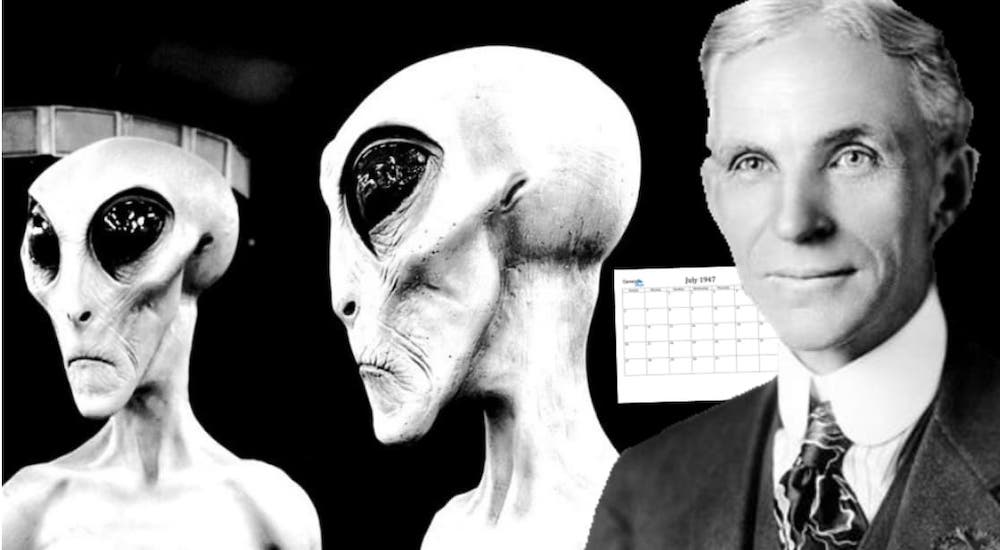
We’ve mapped and paved huge swaths of the world that were once uncharted, which are no longer frontiers. And no matter how many times Jeep tries to paint its drivers as adventurers, even the riskiest drivers are just tourists visiting the same old spot that thousands of others visit on a regular basis. Earth is no longer an undiscovered country, now we must look to the stars, and we need another automaker to step up to the plate to become the next Henry Ford, of space.
A Kind of Cold War Space Race
Think back to the moon landing, when the Russians were our enemy, and television was still mostly in black and white. What got those brave astronauts to the moon wasn’t just the urge to go plant a flag up over some dusty crater but to beat the commies. This competitive mindset has faded, and so has our footprint in the stellar heavens. Just think, if we could get another Cold War age space race going amongst rivaling companies who both want one thing, to maximize profits.
Now, I hear what you’re saying, ‘Finnigan Underhill, what automaker would be so willing to put it all on the line to challenge the likes of SpaceX and push us into a second Space Race?’ That’s a fair question inquisitive reader, and I’m going to propose a potentially fair answer: Nissan. Yes, you read correctly, Nissan, the auto manufacturer located in Yokohama, Kanagawa Japan, is the automaker to challenge SpaceX.
Nissan has been around since the 1930s, December 26, 1933, to be exact, and since then, they have continued to innovate the way we drive. Think of the Nissan Leaf, a car that, in many ways, already looks like some space-age shuttle. This was a car that, in 2019, was able to get an EPA-rating of 124 MPG in the city and 99 MPG on the highway. So, needless to say, Nissan has the ingenuity and engineering know-how to make their own brand of Nissan space rockets.
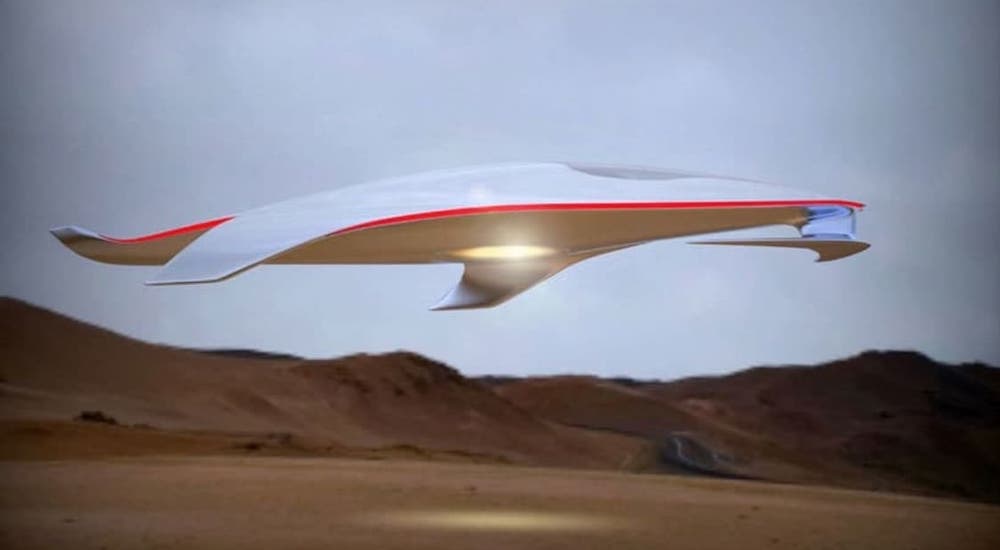
A New Kind of Space Race
It’s August 18, 2046, SpaceX has just announced a new colony on the far side of the moon. It is primarily a research base, meant to house a team made up of the nation’s most brilliant minds––each one of them renamed X Æ A-Xii.
The research base also hosts the moon’s first-ever apartment complex and super mall. Here researchers and their families can dine on fine cuisine like KFC, and take their children to the moon cinema. It’s a picturesque place, or at least as picturesque as any moon base can be.
Enter Nissan Aerospace Industries, a revamped auto-maker made spaceship manufacturer, that has lost a bid on a new moon base project. While this doesn’t hurt their overall profits, it’s a slip up that Nissan Aerospace Industries, or NAI, won’t let happen unanswered. In fact, for the past two years, they’ve been hustling in direct competition with SpaceX to develop the world’s first Super Rocket, capable of crossing the distance between Earth and Mars in a matter of days. It’s an ambitious project, one that ends up collapsing Nissan’s automotive branch altogether. Although, it is a risk worth taking, especially as the world’s automakers slowly wilt into bankruptcy as everyone relies on rental scooters and trains to get around.
After two years of working away, the Super Rocket is completed and has a successful launch to Mars. As a result of competition, Nissan becomes the first private company to start a permanent Martian base. Four years later, Nissan has swallowed up SpaceX due to the success of the Super Rocket and ends up becoming the world’s newest monopoly.
This is the future that Nissan CEOs can create if they manage to make the necessary changes now. The Nissan of today could become transformed into a space-age juggernaut, spearheading the future of mankind and steadily solidifying our place in the stars. And this could all happen if Nissan decides to take the necessary risk.
A Leap of Faith
Nothing great is accomplished without sacrifice. Think of Henry Ford, who suffered countless mistakes and trip-ups to eventually develop a whole industry from scratch. Or even consider Edison, who, while an invention thief in some capacity, had thousands of failed inventions before he managed to steal the right one. Nissan, too, shouldn’t be afraid to change because of failure. The opportunity is now, as interest in space travel is rising, and SpaceX moves to become the monopoly, there will never be a better time to jump into spaceship manufacturing.
Sure, it will be a leap of faith to go from developing cars to developing innovative space technologies, but it will be one worth making. And if Nissan doesn’t do it, another automaker might. While there are plenty of other automakers out there who could certainly rise to the occasion, there are few out there that could do it quite as Nissan could. So, if you’re reading this Nissan board of directors, shape-up, change is coming, and if you don’t act quickly, you can be on the butt end of history.


